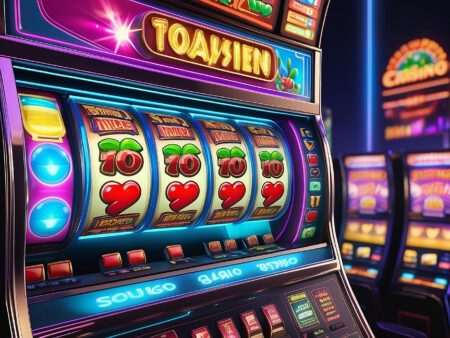Discover the truth behind winning roulette systems and whether they are fact or fiction. Explore popular systems like the Martingale and Fibonacci systems and learn about the importance of bankroll management.
Winning Roulette Systems: Fact or Fiction?
Introduction
When it comes to playing roulette, many players are on the hunt for a winning system that can guarantee them big profits. But are these systems really effective, or are they just a myth? In this article, we will explore the truth behind winning roulette systems and whether they are fact or fiction.
The House Edge
To understand the effectiveness of roulette systems, it’s important to first understand the concept of the house edge. Roulette, like any other casino game, is designed to give the house a slight advantage. This means that in the long run, the casino will always make a profit.
The house edge in European roulette is approximately 2.7%, while in American roulette, it increases to around 5.26% due to the additional double-zero pocket. This built-in advantage ensures that even if a player uses a winning system, they will still face a mathematical disadvantage.
The Martingale System
One of the most popular and widely used roulette systems is the Martingale system. This system involves doubling your bet after each loss in the hopes of recovering your previous losses and making a profit. While the Martingale system may appear promising, it is ultimately flawed.
The main issue with the Martingale system is that it relies on the assumption that you will eventually win and be able to recoup your losses. However, in reality, there is always a chance of an extended losing streak that can deplete your bankroll. Additionally, many casinos impose table limits, which can prevent players from doubling their bets indefinitely.
The Fibonacci System
Another popular roulette system is the Fibonacci system. This system follows the Fibonacci sequence, where each number is the sum of the two preceding numbers (e.g., 1, 1, 2, 3, 5, 8, 13, and so on). In roulette, players using the Fibonacci system increase their bets after losses based on this sequence.
While the Fibonacci system may seem more sophisticated than the Martingale system, it suffers from similar flaws. An extended losing streak can quickly exhaust a player’s bankroll, and table limits can once again restrict the effectiveness of this system.
The Importance of Bankroll Management
Regardless of the roulette system you choose, the key to success lies in effective bankroll management. It is crucial to set a budget for your gambling endeavors and stick to it. This means knowing when to walk away and not chasing losses.
By setting a bankroll limit and playing within your means, you can enjoy roulette as a form of entertainment without the pressure of trying to overcome the house edge. Remember that roulette is a game of chance, and no system can change the fundamental odds.
Conclusion
Winning roulette systems may seem enticing, but they are ultimately based on false assumptions and can lead to financial losses. The house edge ensures that the casino always has a mathematical advantage, making it impossible to consistently beat the game.
Instead of relying on roulette systems, focus on responsible gambling and bankroll management. Approach roulette as a form of entertainment, and remember that the outcome is determined by chance. By doing so, you can enjoy the thrill of the game without falling into the trap of bogus winning systems.










